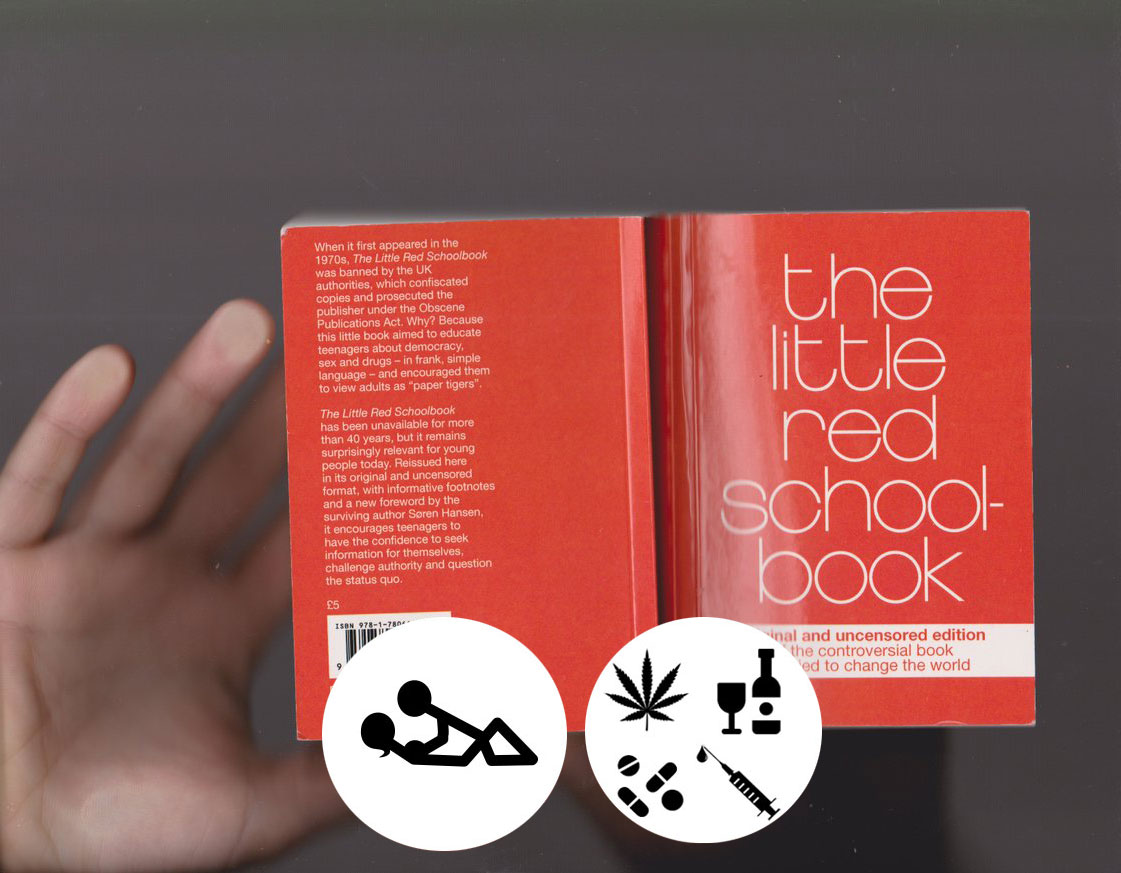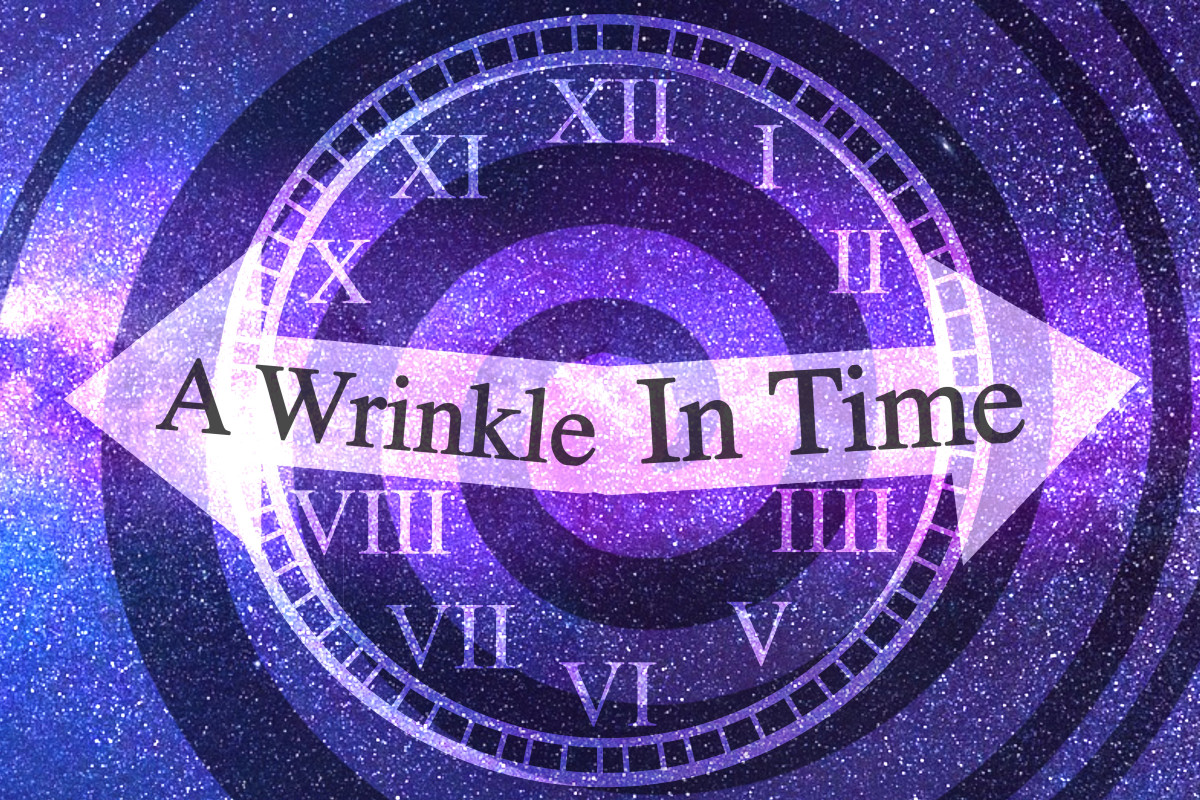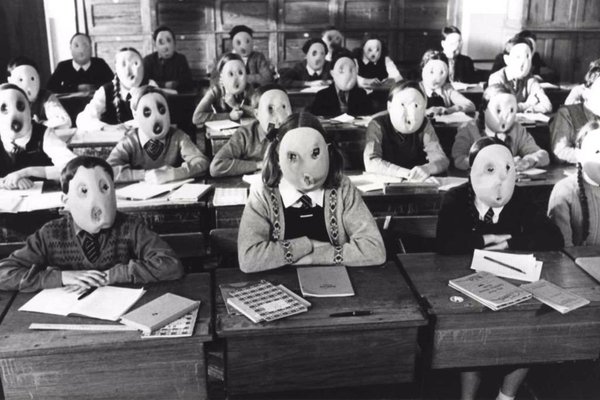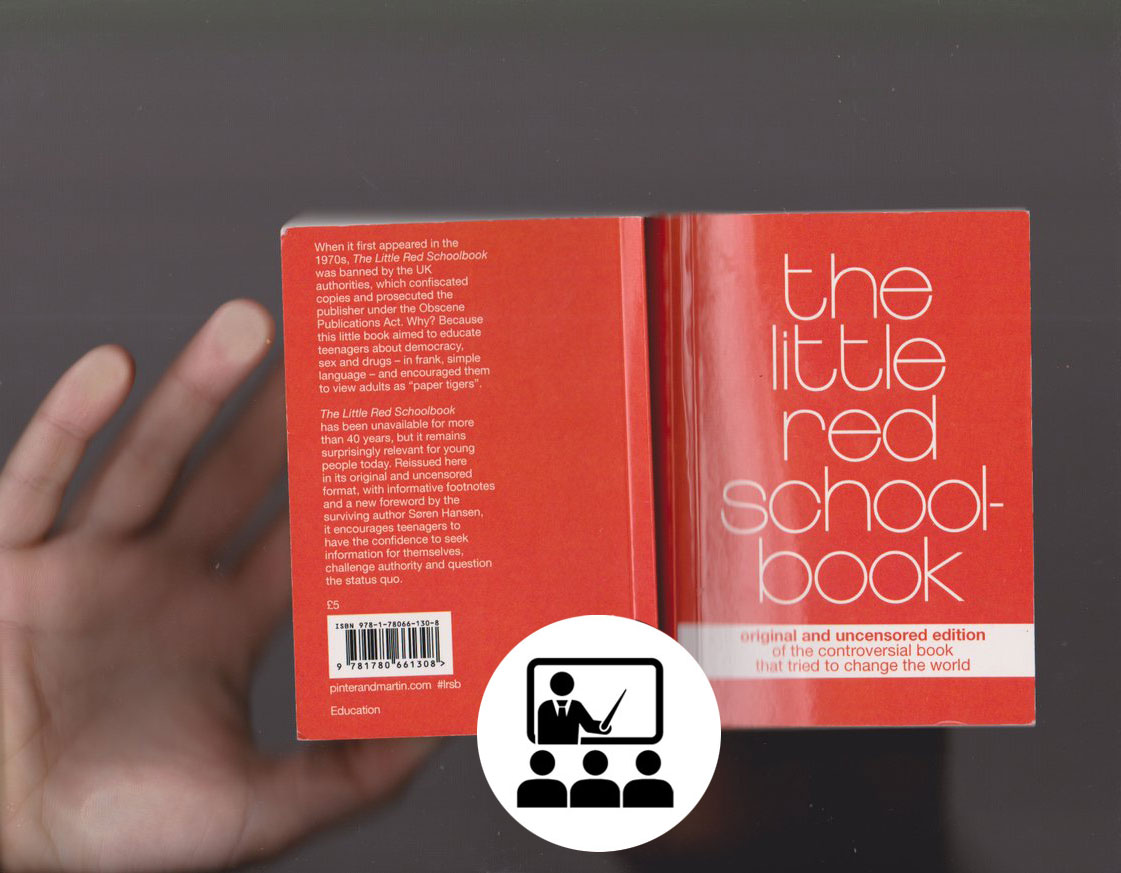It’s widely known that that the counterculture movement inspired a renewed outlook on previously marginalized groups such as women, blacks and gays. Yet there’s another, often overlooked, group which gained more rights and autonomy: schoolchildren. Some among the New Left viewed children as a vulnerable group in need of liberation; an “oppressed minority,” not unlike any other. Hence, The Little Red Schoolbook (1969) was just one product of a wider trend within the counterculture which could be called the children’s liberation movement. If one is seeking a catchier name for that 60s and 70s trend, it might be “the children’s revolt,” although that would be a stretch. It was more like an invitation from some progressive adults towards children to rebel.
One “liberation” approach was to give children adult privileges or remove traditional distinctions between childhood and adulthood. Another was to encourage them to defy authority and question the moral values of their parents and teachers. The Little Red Schoolbook was not even the first such product. There had been another influential book on “progressive” education published in 1960. That was Summerhill: A Radical Approach to Child Rearing by A. S. Neill which was based on a famous experimental school.
The conflict in visions of childhood, and society in general, climaxed in Britain in what became known as the longest-running obscenity trial of 1971. The subject of the trial was the 28th issue of the underground magazine, Oz, titled Schoolkids OZ. Twenty teenagers were hired to edit the infamous issue which featured sexual content. Both trials, that of the red schoolbook and Schoolkids OZ, overlapped and had the same defence lawyer, John Mortimer.
Perhaps the loudest and most popular call for children to revolt was Pink Floyd’s Another Brick in the Wall (1979): “Hey! Teachers! Leave them kids alone.” A message that could not have been delivered through a better medium that the “anti-authoritarian” Rock music.
The great irony in encouraging children to escape into adulthood through sex and drugs, or challenging authority was the fact that it was championed by a counterculture generation who, in some sense, rejected the world of adults. They rejected their work ethic, moral foundations, social expectations and respect for authority. The “flower children” themselves sought to escape into a child-like state of mind where “fun” was taken seriously and youthfulness was idealized.
You might also like:

The Little Red Schoolbook: The challenging bits on sex and drugs
Controversial advice on sex and drugs from the schoolchildren’s book
BOOK: THE LITTLE RED SCHOOLBOOK

A Wrinkle in Time: Is it blasphemous or too Christian?
Two reasons Madeleine L’Engle’s book was challenged by religious conservatives
BOOK: A WRINKLE IN TIME





